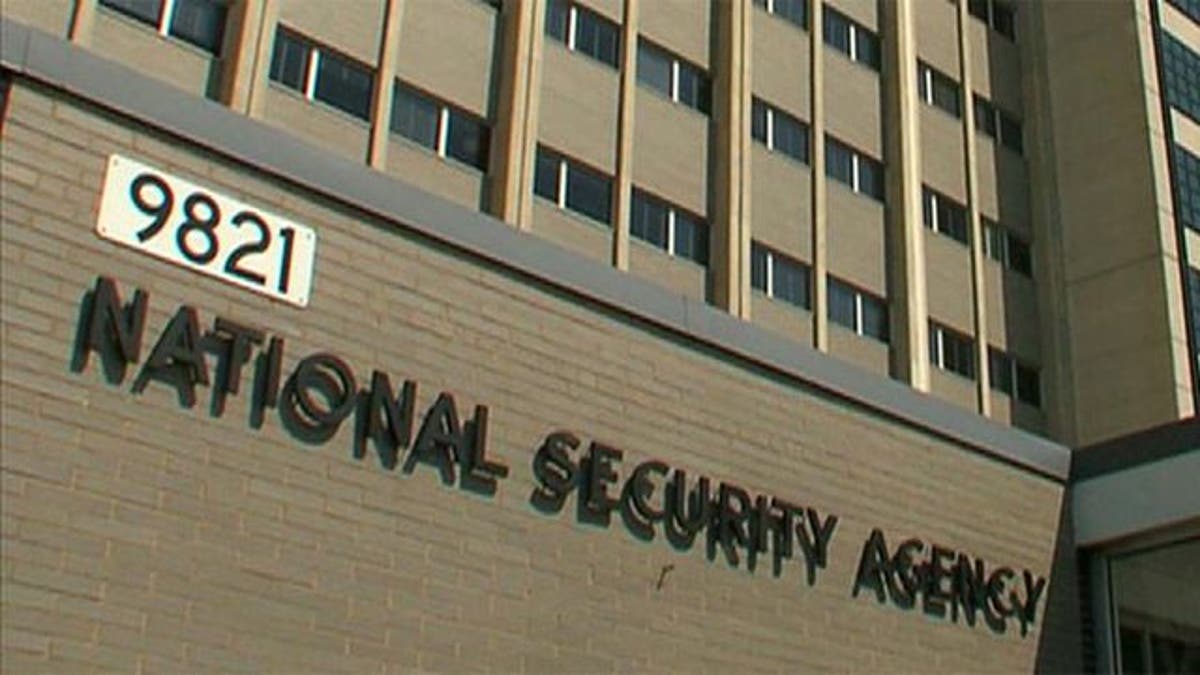
One of the painful lessons of the 9/11 attacks was the realization that our government was not only unable to connect the dots of information that might have allowed it to prevent the attacks — we were unable to collect the dots. The collection of intelligence information thus became a priority, and the Bush Administration took measures to protect America against extraordinary and evolving threats.
As has been widely reported, former presidential candidate Obama and then-Senator Biden were critical of the terrorism policies of the Bush Administration. However, the Obama Administration has continued to use many of the same extraordinary measures to detect and prevent further attacks. The recent revelation that the government obtained customer telephone records from Verizon, and collected certain email communications has raised concerns our government has gone too far in the name of security.
The serious threats against our country justify extraordinary collection efforts. However, those efforts must be constrained by the checks and balances necessary to safeguard our constitutional liberties.
At the outset, it is important to remember that the public still does not know, and may never know, all the details of the government’s classified activities. So it is difficult to assess fully its legality and effectiveness. We do know that telephone records were obtained under the constraints of a court order from a federal judge on the Foreign Intelligence Surveillance Act Court; select members of Congress had either been previously briefed or were given an opportunity to be briefed on the government’s actions; and these activities were done pursuant to authority granted by Congress.
Civil libertarians assert that our constitutional rights have been violated. However, the U.S. Supreme Court has held that the acquisition of personal information like telephone numbers already in the possession of third parties like Verizon, does not implicate the Fourth Amendment because there is no reasonable expectation of privacy in such information under our Constitution.
Nor, as some have suggested, is a warrantless search necessarily illegal. The Fourth Amendment prohibits unreasonable searches and seizures. In the criminal context, the Fourth Amendment reasonableness requirement usually requires a showing of probable cause and a warrant. However, the Supreme Court repeatedly has held that in situations involving “special needs” that go beyond a routine interest in law enforcement, the warrant requirement is inapplicable. Foreign intelligence collection, especially in the midst of a conflict in which the enemy has already attacked the United States, fits within the area of special needs where the Fourth Amendment’s touchstone of reasonableness can be satisfied without resort to a warrant.
Nevertheless, the government is exercising extraordinary power here; and in the hands of the wrong person or persons, the misuse and abuse of such power is a threat to our liberty. Our government should continue to utilize the latest and most advanced technology, as well as other available tools, to obtain information about our enemies, provided there are sufficient checks and balances against potential abuses. Congress must be vigorous in its oversight, a responsibility that is impossible, however, without accurate and complete information about our intelligence efforts. The Executive Branch should provide to Congress a clear accounting of how these authorities are used, as well as continue to implement effective minimization procedures to guard against the inadvertent collection of information of innocent Americans. Finally, the NSA General Counsel and Inspector General should continue to be especially sensitive to the potential for abuse, and provide heightened guidance and scrutiny to protect against mistakes and misuses.
The serious threats against our country justify extraordinary collection efforts. However, those efforts must be constrained by the checks and balances necessary to safeguard our constitutional liberties.








































